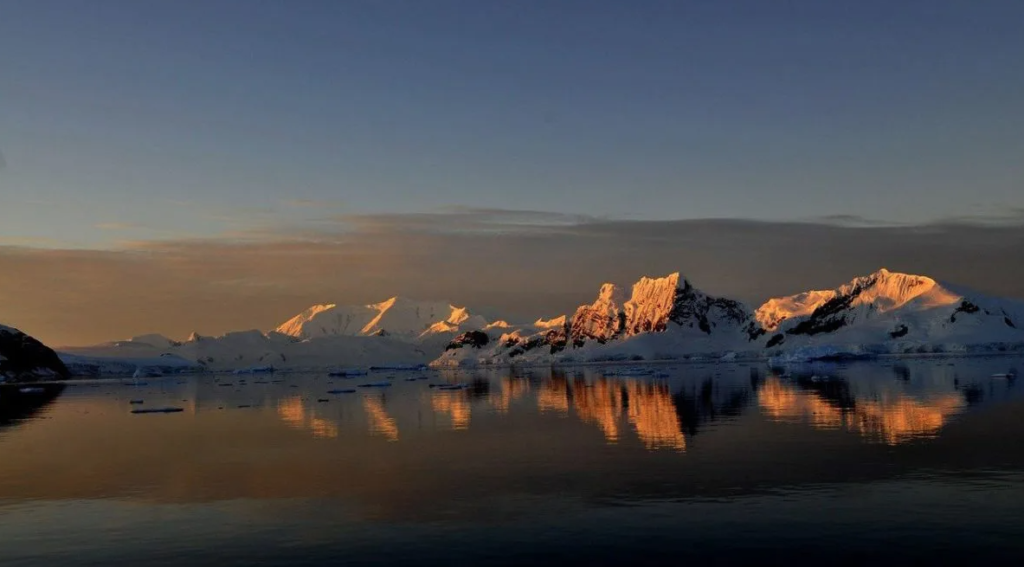No dominoes between the tipping points of the South Pole and AMOC
The possible collapse of the West Antarctic ice shield could also have positive effects on the Earth system. Most studies today predict that a change of this magnitude could trigger a chain of tipping points in other ecosystems. Research by the Potsdam PIK in 2021, for example, claimed that in 1/3 of the 3 million simulations conducted, the destabilization of the ice of Greenland and the South Pole, the Gulf Stream or the Amazon forest triggers the collapse of the other two, even with global warming kept below 2° C.
A different look at the Tipping Points climate
A recent research published in Geophysical Research Letters goes against the current: the effect of the melting of that huge amount of ice at the South Pole could instead stabilize the Amoc, the southern inversion of the Atlantic circulation. That is, that great ocean water mixing system that, among other things, works like a heat conveyor belt and keeps temperatures stable in Europe through the Gulf Stream.
Read also We were too optimistic about the glacial melting: already condemned 1 in 2
Usually to illustrate what happens when you pass one of the climate tipping points resort to the image of dominoes. By dropping the first tile, it touches and destabilizes the next one, triggering a chain of similar reactions. But the Earth’s climate is a complex system and the interactions between its components are difficult to predict accurately. The assumption of the study conducted by the Institute for Marine and Atmospheric Research in Utrecht, Holland, is that the fall of the first card could instead “prop up” another card, increasing its stability.
The weakening of AMOC is mainly due to the influx of freshwater into the North Atlantic from the melting water of the Greenland ice sheet. According to the model developed by the researchers of Utrecht, however, this dynamic would be compensated if there was a similar increase in the amount of fresh water in the South Atlantic, resulting precisely from the collapse of the western shield.

